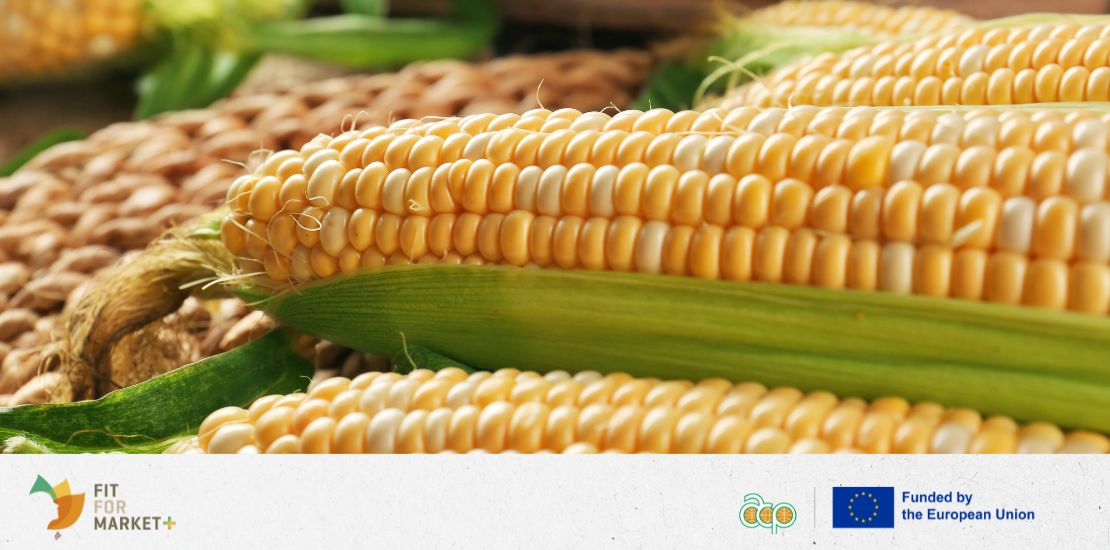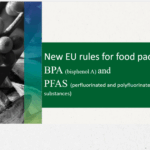- 29/08/2024
- Posted by: Sandra Borma
- Category: News

Integrated pest management in sweetcorn in Burkina Faso
COLEAD, through its FFM+ programme, in collaboration with the Joseph Ki-Zerbo University, is currently conducting a series of trials in Burkina Faso to test integrated pest management strategies against the Fall Armyworm (Spodoptera frugiperda) on sweetcorn during the dry season, which coincides with the export season.
The Fall Armyworm (FAW) has been identified by COLEAD as a priority pest, particularly on sweetcorn, following several interceptions of shipments from Africa at EU borders. As a quarantine pest, FAW is subject to a zero tolerance policy for export to the EU.
The Integrated Pest Management (IPM) approach, using low-risk pesticides as a last resort, is recommended to maximise control of FAW and reduce the use of plant protection products (PPPs). Efficacy trials were conducted during the rainy season in 2021 to test two biopesticides (azadirachtin and Bacillus thuringiensis). In 2022, an integrated pest management trial combining different methods showed that alternatives to synthetic pesticides did not provide the required level of control. Methods combining varietal tolerance, push-pull and biopesticides produced lower gross margins due to high costs and reduced production.
To improve these results, a new dry season trial was recommended to minimise leaching of non-systemic biopesticides, include monitoring of adult FAW populations to better target biopesticide applications at higher doses and frequencies, and use a tolerant variety.
Field activities were carried out until harvest, with continuous monitoring of key parameters to assess the technical and financial relevance of the solutions tested. The results, which are currently being analysed by researchers at Joseph Ki-Zerbo University, will be published in a peer-reviewed scientific journal by 2025.
COLEAD is committed to addressing production challenges, particularly in ACP regions, by seeking practical solutions adapted to local contexts. The results of this trial could provide additional sustainable options for FAW management.
This activity is supported by the Fit For Market Plus (FFM+) programme, implemented by COLEAD within the Framework of Development Cooperation between the Organisation of African, Caribbean and Pacific States (OACPS) and the European Union. This publication receives financial support from the European Union and the OACPS. The content of this publication is the sole responsibility of COLEAD and can in no way be taken to reflect the views of the European Union or the OACPS.





